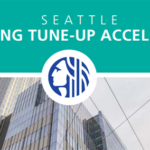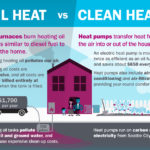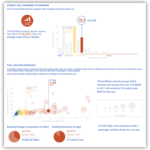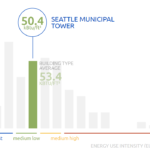Tune-Up Accelerator Program Recognized for Leadership in Energy Efficiency
The Northwest Energy Efficiency Alliance (NEEA) recently recognized the winners of the 2019 Leadership in Energy Efficiency Awards. These awards recognize individuals and teams for their outstanding collaboration, innovative solutions and significant contributions to advancing energy efficiency in the Northwest. A panel of Northwest energy and utility leaders selected the… [ Keep reading ]






